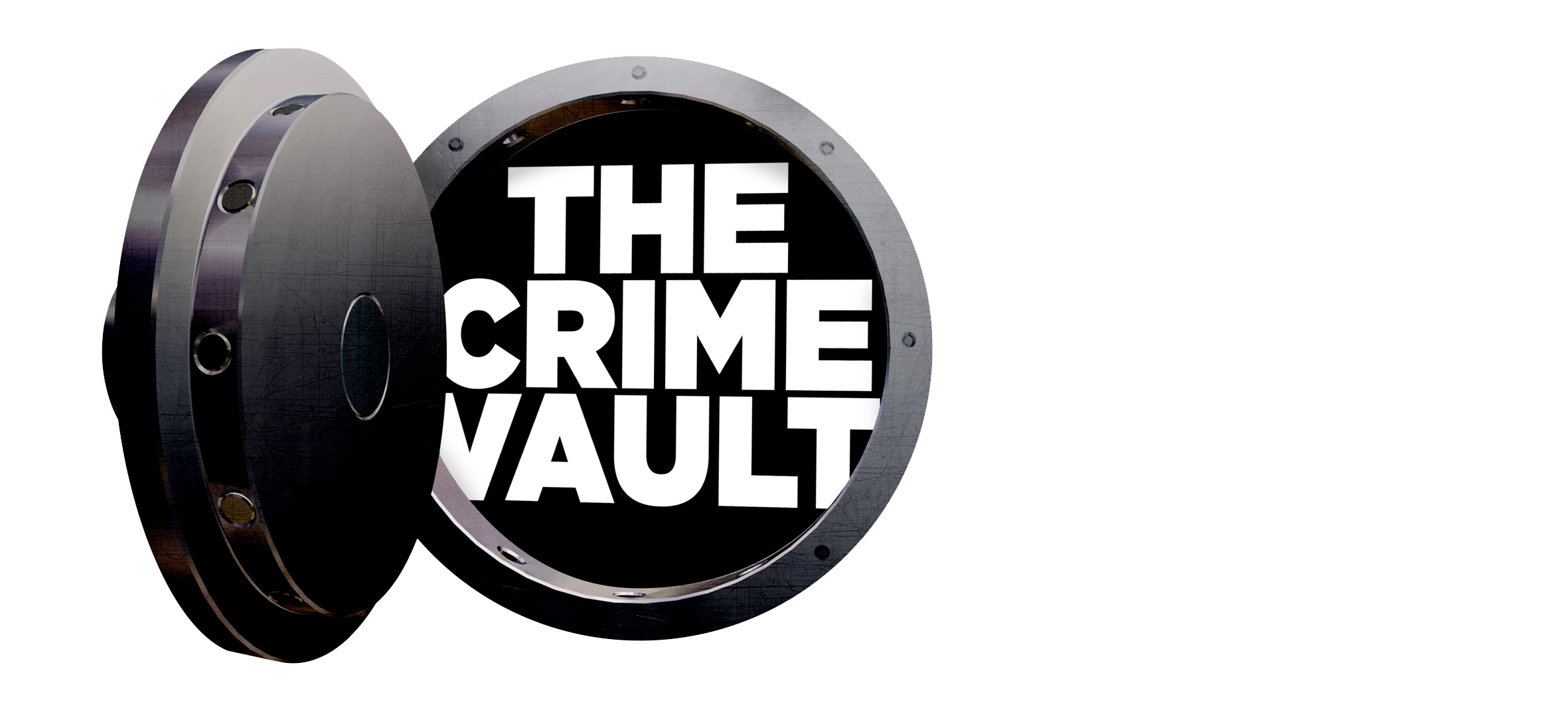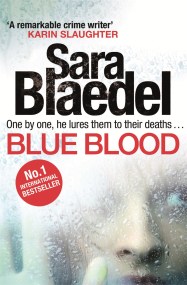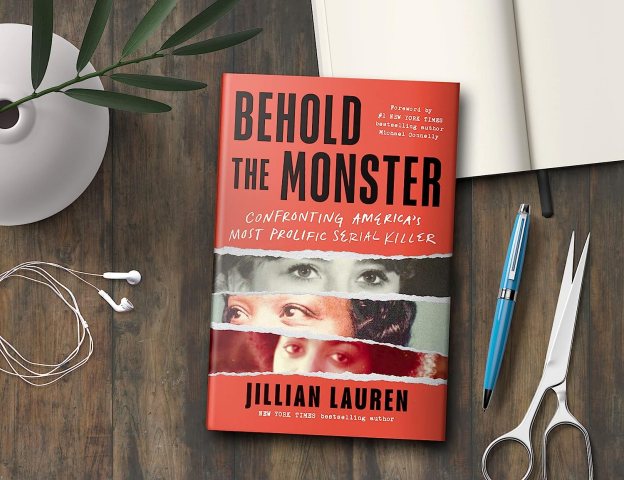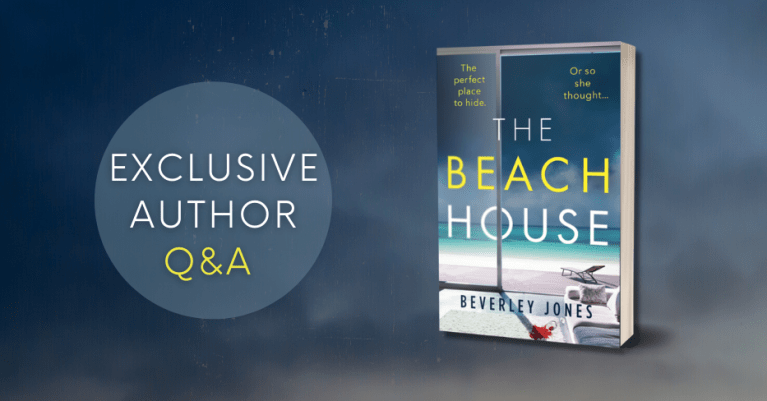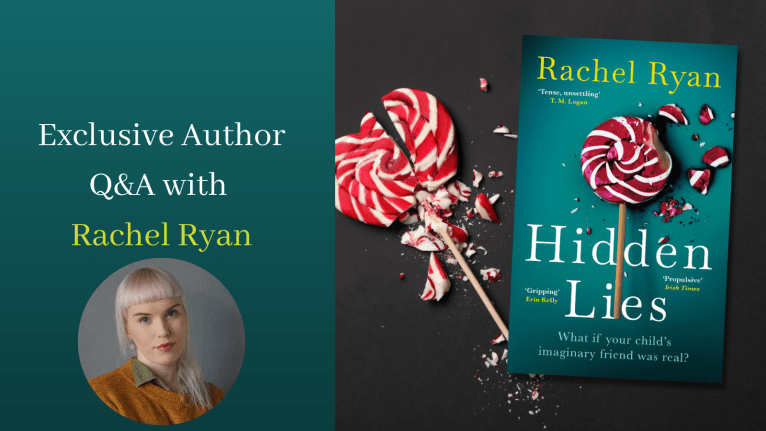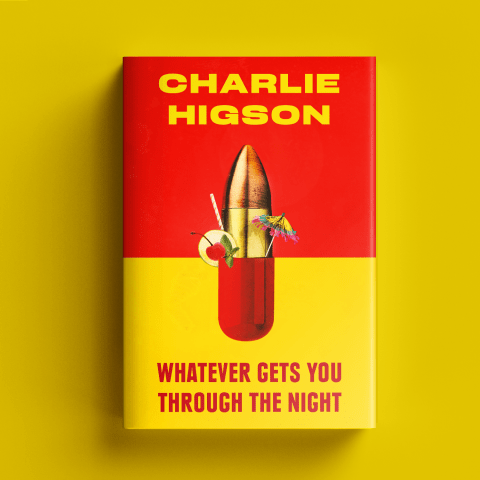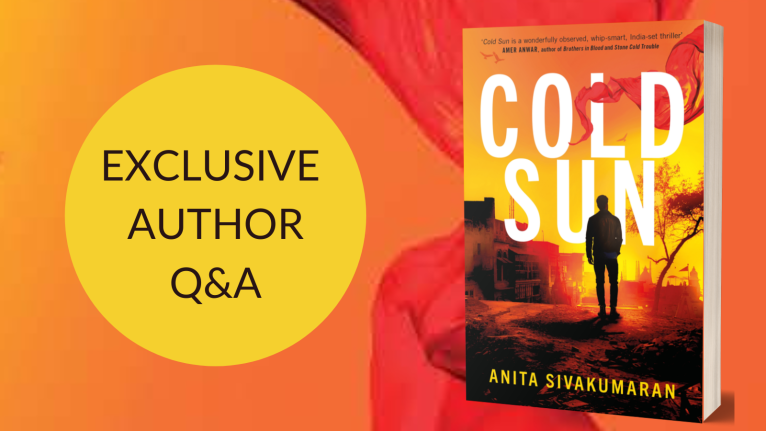Karin Slaughter interviews Sara Blaedel
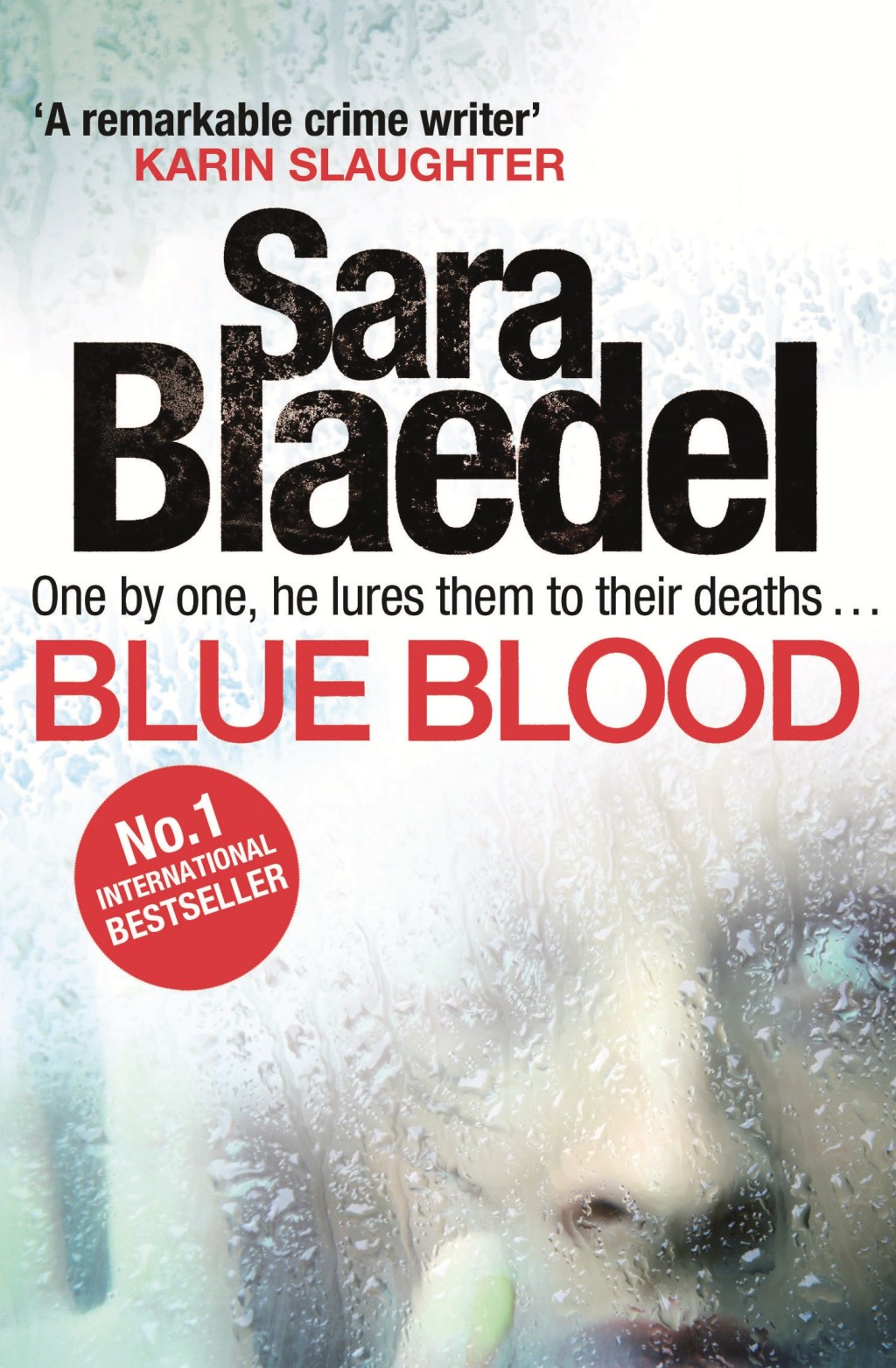
 Karin Slaughter is the number one internationally bestselling author of many novels, including the Grant County series and the Will Trent series.
Karin Slaughter is the number one internationally bestselling author of many novels, including the Grant County series and the Will Trent series.
Her new Will Trent novel, UNSEEN, is out now.
Sara Blaedel is the number one Danish bestseller and author of the Detective Louise Rick crime series, which has been published to acclaim around the world. All of her books go straight to the top of the bestseller lists in Denmark so her reputation as Denmark’s ‘Queen of Crime’ is well deserved!
Louise Rick crime series, which has been published to acclaim around the world. All of her books go straight to the top of the bestseller lists in Denmark so her reputation as Denmark’s ‘Queen of Crime’ is well deserved!
Sara’s UK debut, Blue Blood, introduces Detective Louise Rick as she investigates a case of serial rape by a man who finds his victims through online dating sites. This heart-pounding thriller will have you gripped until the very last page and make you ask yourself who you’re really talking to online…
Karin Slaughter: One of the many things you’re great at is writing believable characters. I know you’re like me in that you oftentimes see your characters as real people. If you could go for drinks with one of the characters from Blue Blood (other than Louise), who would it be?
Sara Blaedel: I would definitely go for a drink with Eik Nordström (Eik is Louise Rick’s new partner at the Special Search Agency within the Search Department at The Copenhagen Police Force. We meet him for the first time in The Forgotten Girls, Louise Rick no. 7), but I’m not sure I could keep up with him J And maybe it would be wise not to try to, because somebody has to take him home, otherwise he’ll just crash at the place we’re at. We would meet at Eik’s favourite bar, which is a place where they don’t ask any questions, and where they will leave you alone if you want to be left alone. I would love to have a few drinks with Eik. I don’t think we would talk that much, and I don’t think it would be entertaining, but I guess I would like to show him that he can count on me and that I’ll be there for him as a friend, if he needs me.
Karin: You’re obviously a fan of crime writing, but how about crime series on TV? The Killing was such a hit in the US and UK that fans want to know what other Danish series (like The Bridge) they should be keeping up with.
Sara: I would recommend going back a bit and have a look at Edderkoppen (The Spider); it was shown on Danish television in 2000, but since the series is set in 1949 in post-World War II Copenhagen, its being a bit older doesn’t really matter. It’s a mini-series with fantastic atmosphere and fabulous acting!
Rejseholdet (Unit One, 2000-2003) has become an evergreen – every second year they reshow the fantastic series which also features Mads Mikkelsen from before he had his international breakthrough. The series takes place in different parts of Denmark, and the stories are very realistic and quite eerie.
And then there is Ørnen (The Eagle, 2004-2006). It was a whole new way of making crime series for TV in Denmark. The series takes place in Scandinavian countries and it has some really, really great actors.
Karin: Online dating is a strong theme within Blue Blood. Was there a particular event in Denmark that inspired you to write about this?
Sara: I often write based on indignation. Or about something I cannot understand, but really want to understand. The idea for Blue Blood came while reading the newspaper. I read an article about internet dating and how dangerous it can be. Then I did quite a lot of research, including spending a lot of time on online dating sites. I never went so far as to go on a date – it might have been a bit awkward bringing my husband along 😉 – but I spoke to a number of people who met their partners (and others) online.
We need to be cautious while being online; many of us, especially young people, are vulnerable in cyberspace, because it is hard to read people’s true intentions. When we communicate online, we are much more prone to give away personal details about ourselves, because we feel anonymous and safe.
Karin: Of late, there’s been a lot of posturing in the literary world around writing ‘likeable’ vs. ‘unlikeable’ characters, the current vogue being to go with horrible people even if the reader finds them so horrible that they stop reading (literature!). Louise is very likeable – was that a conscious choice?
Sara: If my answer is ’no’, I will sound shallow and unreflecting? But NO, it wasn’t a conscious choice. Louise possesses both the best and the worst qualities of myself, and then all that I would like to be on top. When it comes down to it, she is just all too human and ordinary, but she has a very unusual job.
Karin: Bad characters are always fun to write about because they can do horrible things – maybe things that you yourself would love to do in your normal life (we’ve all wanted to murder an airline baggage handler at some point). If you could be one of your ‘bad’ characters, who would it be and what would you do?
Sara: What a difficult question…I really do not identify with any of my ‘bad’ characters, and I wouldn’t want to be any one of them. Many of them I can understand, in the sense that I can put myself in their place, but I have to be able to do that, in order to make them believable characters. So no, I can’t think of a single one I’d want to be.
Karin: Louise and Camilla’s friendship is a part of the book (and the series) that I really love. Other than Tess Gerristen’s Rizzoli and Iles series, I’m hard-pressed to think of many ‘buddy’ type books (a la Elvis Cole and Joe Pike, or Spenser and Hawk) written by women. Women in crime fiction tend to be loners or partnered with men. Can you talk about why you chose to put Louise and Camilla’s friendship front and centre?
Sara: In most of the series they only have each other. They are both single mums. They are both devoted to their respective work – Camilla is a journalist. They are each like extended family to one another, and they have chosen each other to fill that role. They share a deep respect for one another, and they can be who they are, when they are together. They help each other, both privately and professionally. They are both vulnerable and yet strong. They give each other room, and look after one another. They supplement each other really well. They give me the opportunity to draw a portrait of modern women. In a way they are in a perfect relationship, devoid of jealousy. Later in the series, Camilla encounters true love, but what happens with Louise in that regard is something that I have yet to decide on. I am still puttering around.
Karin: The forensic details in Blue Blood are impressive. I’m sure you talk to a lot of experts about the dastardly things you want to do. Is there any one case that’s stood out during your research – something with a detail so riveting that you’re not quite sure how to incorporate it into a story?
Sara: I have spent a lot of time talking to pathologists both now and in the past, and I’m so lucky as to count some of them as friends and advisers. I always take my plot to the pathologist first and get his help in order to make everything as realistic and life-like as possible. The pathologist is always the first person with whom I discuss my plot. I go to his office when the autopsy rooms are empty, clean and quiet. Then we sit in the big autopsy theatre where homicide victims are autopsied and discuss the forensic details I need for the book. For example, it was the pathologist who came up with the Colombian Necktie as an execution method, which is used in my fourth novel, and it was also him who described to me how the throat is slit in one long, straight cut. We simply go over the details as if the crime has really been committed. He describes how the postmortem examination would take place, and what would be the conclusions of the autopsy report. The same is the case for the police, where I am lucky to have a group of people in the homicide squad who are kind enough to help me.
There are millions of details that I couldn’t possibly know without gaining insight into real police work. So I spend a lot of time on research and I have for many years worked closely with the police force in Copenhagen. The best compliment I ever got was from the Detective Inspector in Chief who once during an interview on stage said to me: ‘Sara, sometimes you would think that you actually work here’. That made me very happy. And to answer your question: there are lots of things I wouldn’t incorporate in my stories because they might be too close to real crimes and thus too close to real people.
Karin: Copenhagen is a stunning backdrop in Blue Blood. To visitors, it doesn’t feel like one large city (like London or New York), but more like villages within the city centre – specific neighbourhoods that seem sui generis to Denmark. When you’re thinking about the setting for a story, do you come up with the crime first then figure out where that crime might happen, or do you come up with the place first, then decide what type of crime might happen there? (I imagine things that happen in Vesterbro don’t necessarily happen in Tivoli Gardens).
Sara: I always know where the crime took place, so yes, I come up with the place first. Then the crime. I have lived in all the places that are featured in my writing: most of the city boroughs of Copenhagen, later Roskilde, Holbæk and Hvalsø where I spent my childhood. It’s most natural to me to use those areas that I know like the back of my hand.
Karin: What are you reading at the moment?
Sara: Right now I am on vacation, so I finally have time do a bit of reading of my own. I have been wanting to read Gillian Flynn’s Gone Girl for quite a while, and I have been looking forward to that. And then there is a stack of literature that I need to read for research. I love doing research.
Karin: What can we expect next for Louise?
Sara: Honestly speaking, I think Louise has been rather tested, so she needs something good for herself in her personal life, and that is all I have to say on that subject!

To find out more about Blue Blood click here.
In an idyllic neighbourhood of Copenhagen, a young woman, Susanne Hansson, is discovered in her apartment bound and gagged, the victim of an extraordinarily brutal rape attack. Detective Inspector Louise Rick soon learns that Susanne met the rapist on a popular online dating site, something Susanne shamefully tries to hide.
Events quickly spiral out of control as a horrified Louise realises that the rapist is using the website to target specific women for future attacks. It's not long before the next assault leads to its victim's death and Louise finds herself in the middle of a full-blown murder investigation.
Undercover and in danger in a world of faceless dating, Louise must try and stop a murderer who has shocked Copenhagen to its core. But how much is she willing to risk in order to catch a killer?
Danish number one bestseller Sara Blaedel brings you a heart-pounding thriller that will have you gripped until the very last page and make you ask yourself who you're really talking to online.
